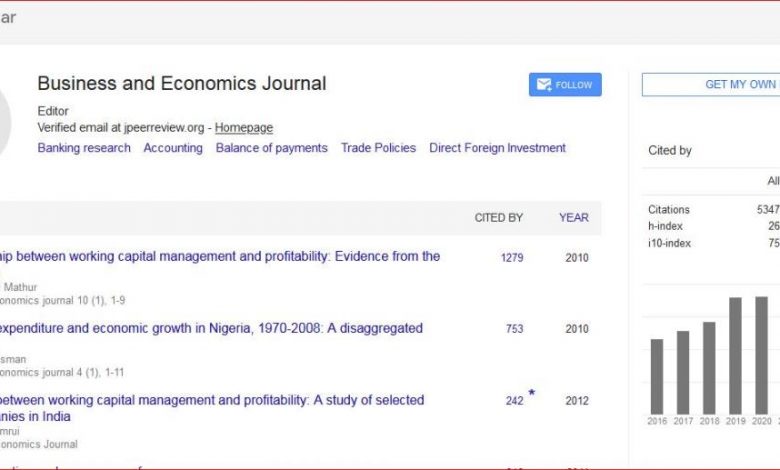The Impact of Trade Wars on Global Markets

The Impact of Trade Wars on Global Markets
Introduction
Trade wars have become a major concern for investors and businesses around the world. The ongoing conflicts between major economies, such as the United States, China, and the European Union, have significant repercussions on global markets. In this blog post, we will explore the impact of trade wars on the global economy and the various factors that come into play.
How do trade wars affect global markets?
Increased Tariffs and Barriers
One of the primary effects of trade wars is the imposition of tariffs and trade barriers. Countries involved in trade disputes often raise tariffs on imports from their adversaries, making goods more expensive for consumers. This leads to decreased demand and ultimately affects global market dynamics. Moreover, trade barriers also reduce trade volume, leading to disruptions in the supply chain.
Market Volatility and Uncertainty
Trade wars generate market volatility and uncertainty, causing significant fluctuations in stock prices and exchange rates. Investors become wary of the economic consequences and tend to pull back, leading to market instability. The uncertainty surrounding trade negotiations also poses a challenge for businesses, hindering their ability to plan for the future and make informed investment decisions.
Supply Chain Disruptions
As trade wars escalate, global supply chains face disruption. Companies heavily dependent on imports from the countries involved in trade disputes may struggle to source materials at affordable prices or find alternative suppliers quickly. This can result in production delays, increased costs, and reduced profits for businesses, affecting their competitiveness in the global market.
Frequently Asked Questions
Q: Are there any winners in a trade war?
A: While trade wars often lead to negative consequences for all parties involved, certain industries and countries may benefit. For example, if a trade war leads to increased tariffs on steel, domestic steel producers may experience a boost in sales. Also, countries not directly involved in the trade conflict may gain market share by seeking alternative sources of goods.
Q: What are the long-term implications of trade wars?
A: Trade wars can have enduring effects on the global economy. They can strain diplomatic relationships between nations, disrupt long-standing trade alliances, and lead to broader geopolitical tensions. These long-term implications can result in a prolonged slowdown in global economic growth, reduced investment, and increased protectionism.
Q: What steps can businesses take to mitigate the impact of trade wars?
A: To lessen the impact of trade wars, businesses can diversify their supply chains and explore sourcing options from countries not directly involved in the disputes. Investing in technology and automation can also help companies become more efficient and reduce costs. Additionally, keeping a close eye on trade developments and adjusting strategies accordingly can help businesses navigate through uncertain times.
Conclusion
Trade wars have far-reaching consequences for global markets. Increased tariffs, market volatility, and supply chain disruptions are just a few examples of the effects. It is crucial for businesses and investors to stay informed, adapt their strategies, and explore ways to mitigate the impact of trade wars in order to thrive in this challenging environment.



